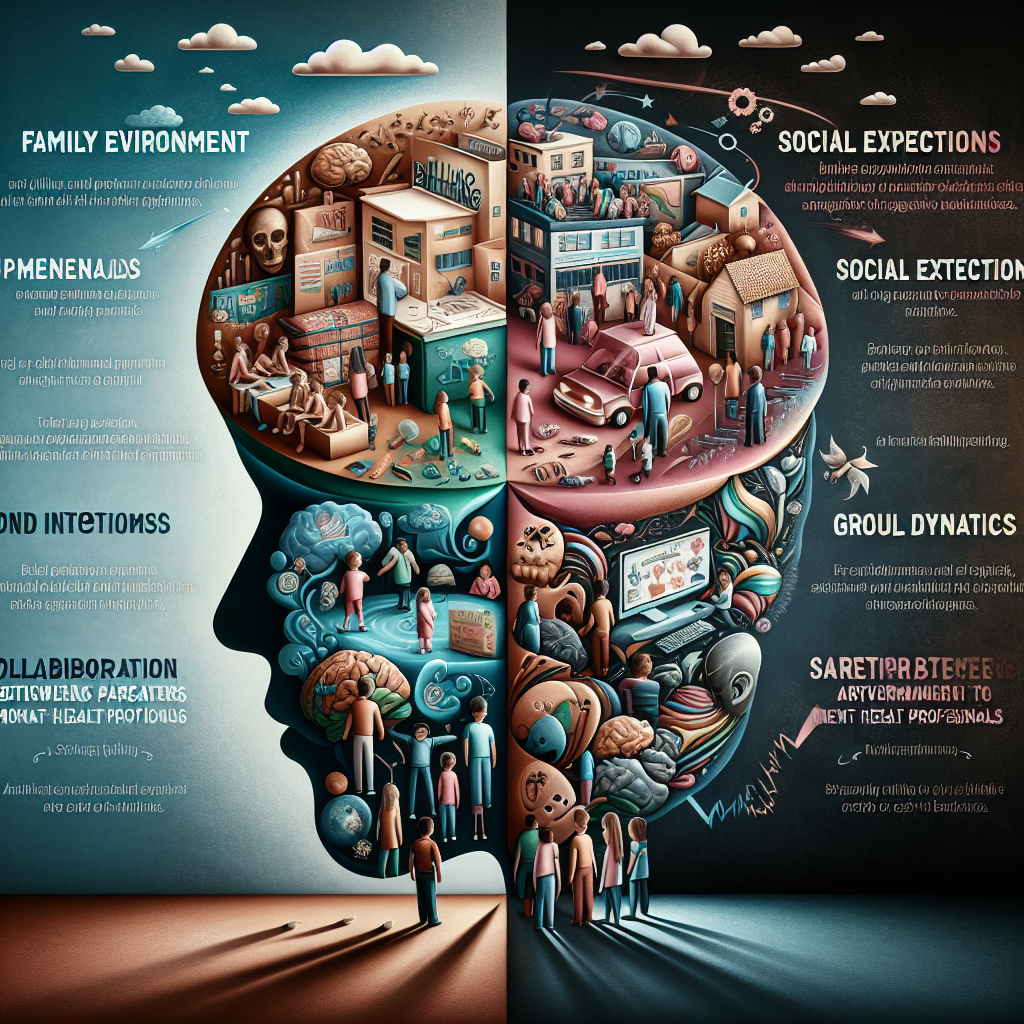Child Development: A Complete Guide to the Essential Stages
When it comes to the growth and development of little ones, information is essential. Each stage in the child's life comes with its own specific challenges and understanding these phases is crucial in order to provide the necessary support. This guide is dedicated to parents who want to better understand their children's complex development from birth to adolescence.
Motor Development
One of the most visible aspects of early development is motor progress. Starting with basic movements such as turning the head and ending with walking and running, each child develops these skills at his own pace. In the early years, it's essential to provide children with opportunities for physical exploration, from toys that stimulate hand-eye coordination to activities that encourage movement around the house. It is important to remember that motor development is not just about physical movement. It also includes sensory development, where the child learns to process and respond to different stimuli, such as sound and touch.
Language development
Language is another cornerstone in children's development. Starting with basic sounds and working their way up to forming full sentences, children make steady progress in understanding and expressing themselves through language. Parents can support this development through open communication, reading together and encouraging description of daily experiences. Language is not only essential for communicating with others, but also plays an important role in developing critical thinking and problem-solving skills.
Emotional and Social Development
As children grow, they begin to develop complex emotional and social skills. Learning to share, turn-taking, recognizing and expressing emotions are all part of this development. Through interaction with family, friends and peers, children learn social rules and how their own and others' emotions influence behaviour. This is an important foundation for the relationships they will form later in life.
Cognitive Development
Intellectual development is as vital as other areas. Children begin to recognize patterns, understand the concept of cause and effect, and develop mathematical and logical thinking skills. This development can be stimulated through educational activities that can be as simple as sorting objects by color or size, to more complex games and puzzles. It is essential to provide the child with materials that challenge him and help him expand his cognitive horizons.
Conclusion
We conclude this guide with the hope that it has been a valuable source of information for parents. Child development is a journey full of joys, but also challenges. Understanding the stages children go through helps parents be better prepared to meet their ever-changing needs. By providing them with a safe environment for growth, stimulating their motor, language, emotional, social and cognitive capacities, we pave the way for a healthy and balanced development. We invite parents to visit our resources section for more information and subscribe to our newsletter for the latest news and tips in raising children.














































































































































